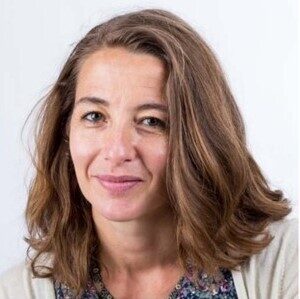
Dr. phys. Nadège Ollier
The Polytechnic Institute of Paris, France
Dr. Nadège Ollier is a Director of Research at the Laboratoire des Solides Irradiés (LSI) at the Institut Polytechnique de Paris, where she specializes in studying the effects of irradiation on glasses and optical materials. Her research has significantly contributed to understanding radiation-induced defects, particularly in nuclear waste confinement and optical fiber applications.
Prof. Daoud Robert Iskander
Wrocław University of Science and Technology, Poland
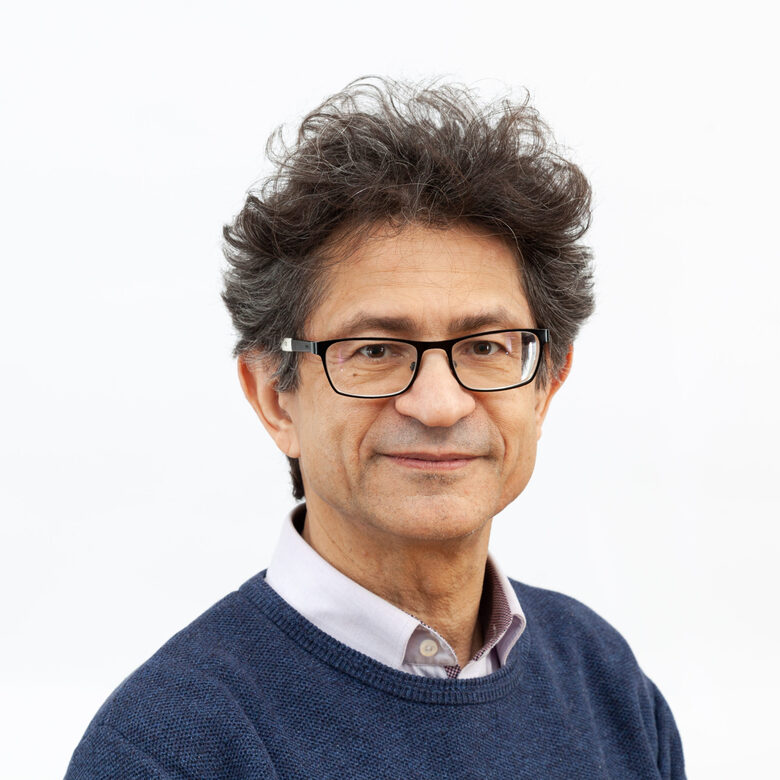
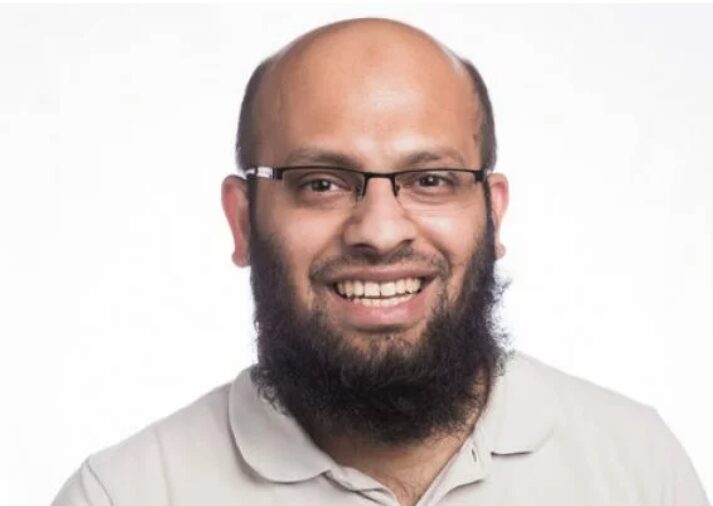
Prof. Yusuf Mulla
Research Institutes of Sweden, Sweden
Prof. Mohammad Yusuf Mulla is a researcher at the Research Institutes of Sweden (RISE), specializing in printed, bio, and organic electronics. His work focuses on developing biosensors and chemical sensors using organic thin-film transistors, graphene, and metal oxide devices. With a background in chemical and molecular sciences, he has contributed to advancements in bio-functionalized electronics and micro-fabrication techniques.
Valts Krūmiņš
European Organization for Nuclear Research (CERN)/ Laser Centre of the University of Latvia
PhD student – Valts Krūmiņš is specializing in laser and quantum physics. He is currently contributing to an experiment titled Antihydrogen Experiment: Gravity, Interferometry, Spectroscopy (AEgIS) at the European Organization for Nuclear Research (CERN). He has participated in one of the AEgIS main achievements - first laser cooling of positronium. He has been a part of the team responsible for the development and maintenance of AEgIS laser systems. In his previous work, Krūmiņš has co-authored several research papers focusing on the spectroscopy of diatomic molecules like RbCs and KCs. His work includes studies on intercombination transitions and hyperfine structures, which are crucial for understanding molecular interactions.
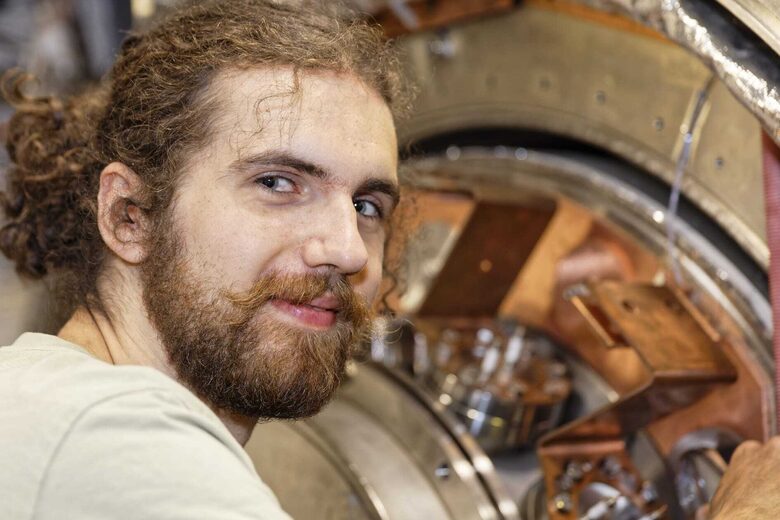
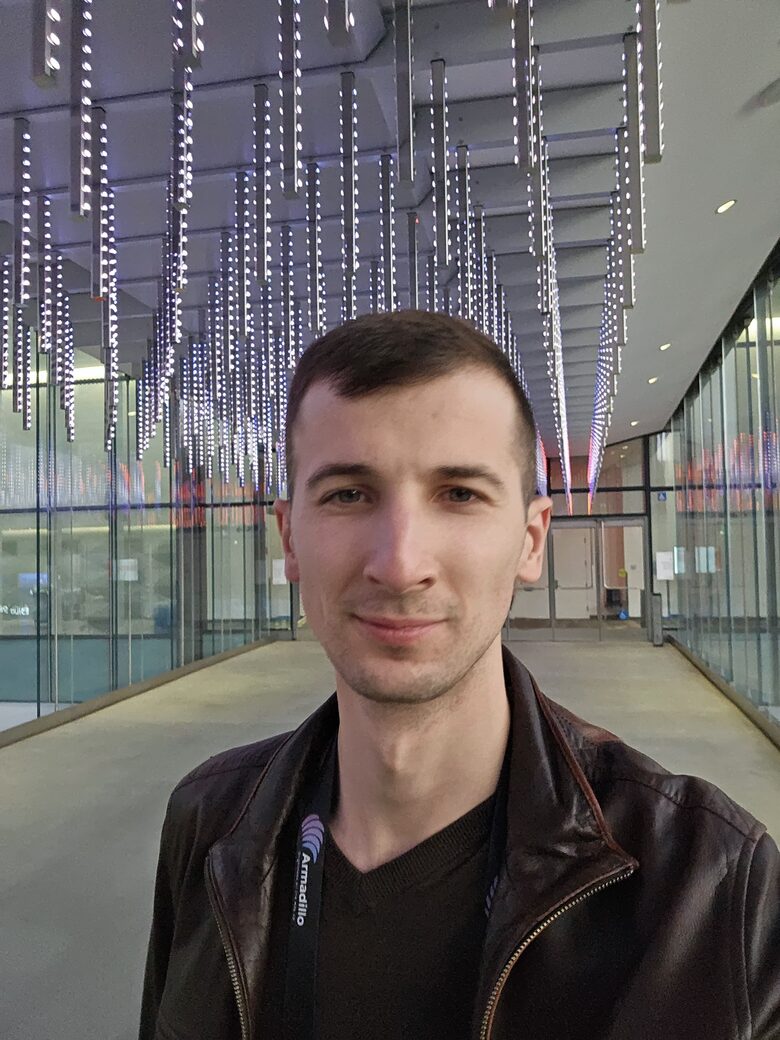
Aleksejs Bendins
Head of Manufacturing, Armadillo SIA Institute of Solid State Physics, University of Latvia
Aleksejs Bendins is an experienced photonics engineer and researcher, currently serving as Head of Manufacturing at Armadillo SIA and pursuing his PhD in Physics at the University of Latvia. With over a decade of experience in fiber optics and integrated photonic technologies, his current professional focus lies in the development and production of specialty optical cables, bundles, and assemblies tailored to unique applications. At the Institute of Solid State Physics, he is actively involved in cutting-edge R&D, contributing to the advancement of fiber-to-chip coupling and nanofabrication technologies. A strong advocate for industry-academia synergy, he continues to support innovation that integrates scientific insight with real-world application.
